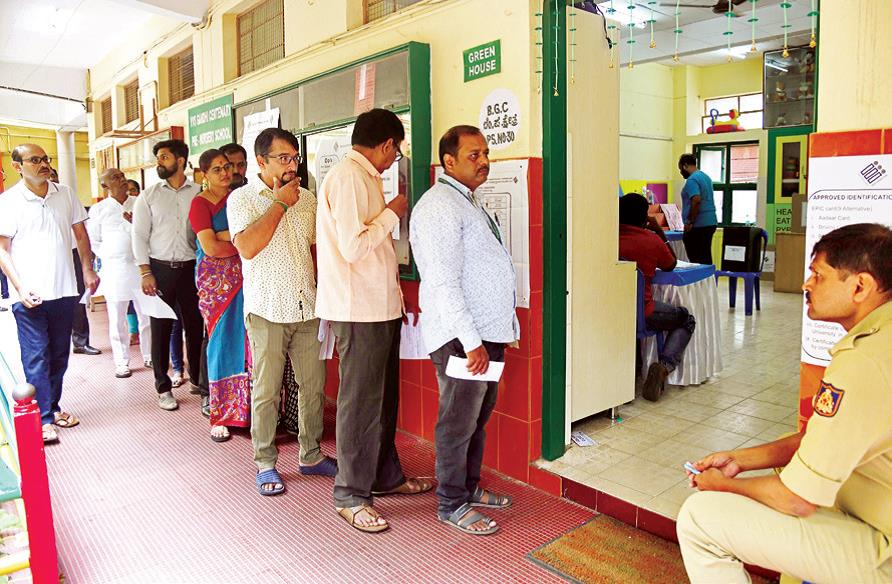
Really, how far has Indian democracy come?
Bengaluru, NT Bureau: There has been a sea change in the political landscape in India since 1947, but academics argue that the state of electoral democracy leaves much to be desired.
Even as we celebrate our Independence Day, Professor Narayana A (in pic) from the School of Policy and Governance at the Azim Premji University argued that “democracy in the country has broadened but not deepened”.
He said that some marginalised castes, especially the Other Backward Classes (OBCs) could now compete with the upper castes in electoral democracy. However, they did so with immense money power and backing of their caste members, he said.
“It is true that those sections of society, who didn’t hold political power, have come to enjoy political power. There is no doubt about it. I speak of various caste groups. However, that doesn’t mean that democracy has deepened. It has only broadened,” Narayana said.
The professor said that thanks to the privatisation process of the 90s, entry to business had become easier, but forays into electoral politics had become difficult partly due to massive money power playing a major role.
“Representatives from these castes have been winning elections. This political class winning elections has become a formidable group within these castes themselves, which means entry into politics has become less accessible. Post-1991 liberalisation, entering businesses may have been liberalised but at the same time entry into politics has become more difficult,” Narayana said.
“You have to have resources and not just money. It may be other kinds of social and political capital, which is not so easy to accumulate. Therefore, even those winning from the so-called underdog sections have come to enjoy political power because they made certain compromises,” he said, adding that apart from money, one needs backing of powerfull or populous social groups or would need to make common cause with adherents of questionable ideologies.
He said that for democracy to be deepened, the electoral arena would need to provide greater chances of success for the commoner from marginalised sections based on their ability to deliver services to constituents.
‘SC reserved seats proving it necessary’
Narayana also argued that candidates needing reserved constituencies to get elected also reflected poorly on Indian democracy.
 English daily published in Bengaluru & Doha
English daily published in Bengaluru & Doha






